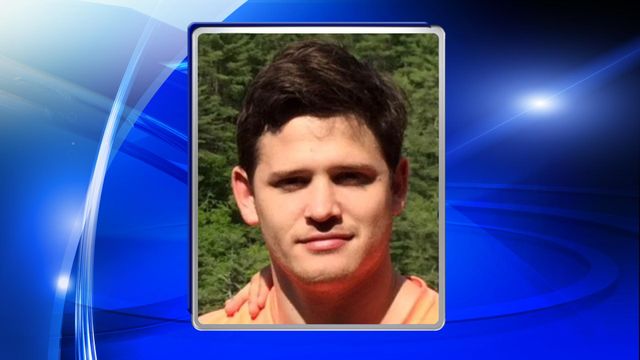Expelled student's attorney criticizes Duke investigation into sex assault claim
An independent investigation into a Duke University student's allegations that a student-athlete sexually assaulted her was "incompetent, capricious and lacked fundamental fairness," according to an amended lawsuit filed Monday.
Posted — UpdatedNeither Duke University police nor Durham police charged Lewis McLeod – a soccer player and psychology major from Australia – in the November 2013 case, but the university's Office of Student Conduct found him guilty of sexual assault and expelled him just before his May 10 graduation.
According to the 77-page amended complaint, that decision was based partially on an investigation by Dr. Celia Irvine, a Chapel Hill psychologist whom Duke hired to conduct an independent investigation into the matter.
McLeod's attorney, Rachel Hitch, writes in the legal filing that Irvine was not licensed under North Carolina law to carry out such a task and that her work was "negligent, reckless, biased, erroneous, incomplete …"
Keith Lawrence, Duke's executive director of news and communications, declined to comment on the lawsuit Tuesday, saying it is a pending legal matter.
Hitch argues that Irvine also wasn't qualified as an investigator and that she "lacked the knowledge, training and experience to conduct a fair and competent fact-finding investigation into the allegations."
Among Hitch's claims: Irvine failed to interview important witnesses and when she did, she did not properly document the interviews.
"Defendant Irvine's investigation and report were evidence relied upon by Duke University in making its erroneous finding that Plaintiff was responsible for sexual misconduct," Hitch writes.
McLeod was also “subjected to an unfair hearing” without an attorney and without any ability to cross-examine witnesses, Hitch maintains. A witness in support of McLeod was also sent home without any notice or explanation, she says.
Irvine was among several issues raised in the complaint, which seeks compensatory and punitive damages – each in excess of $25,000 – and asks for Duke to re-enroll McLeod so that he can get his degree.
McLeod has maintained that his encounter with the 18-year-old woman whom he met at a local bar was consensual – a key issue in the case – and that the woman "got emotional" and began to cry.
His student visa expired at the end of the semester, and without a job, he had to return to Australia. He also had a job offer from a Wall Street firm that was contingent upon him graduating.
• Credits
Copyright 2024 by Capitol Broadcasting Company. All rights reserved. This material may not be published, broadcast, rewritten or redistributed.






